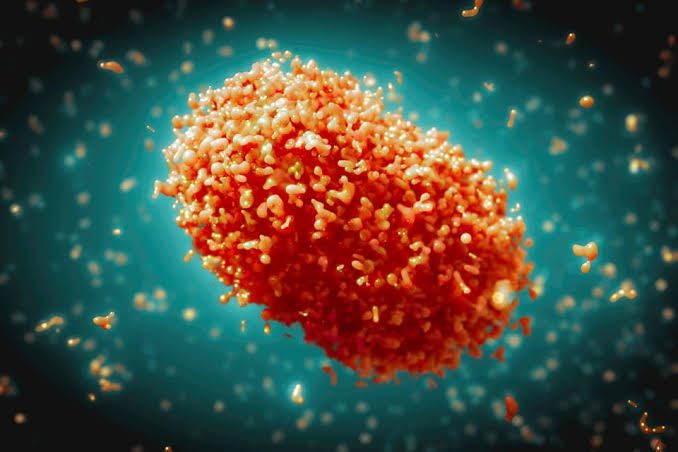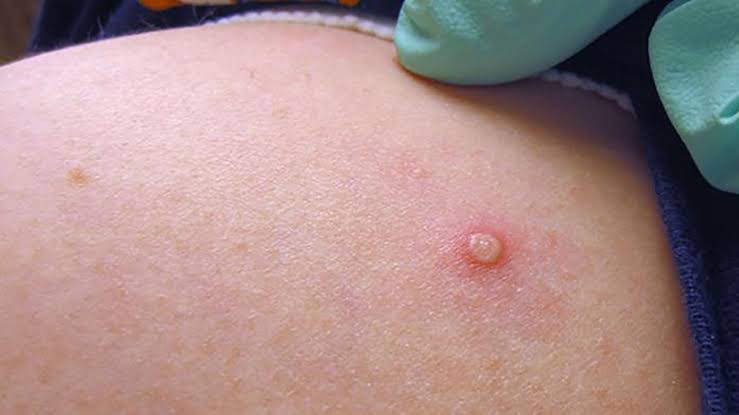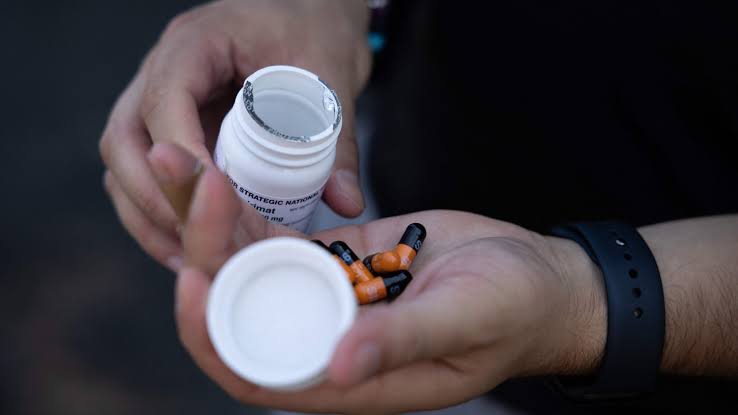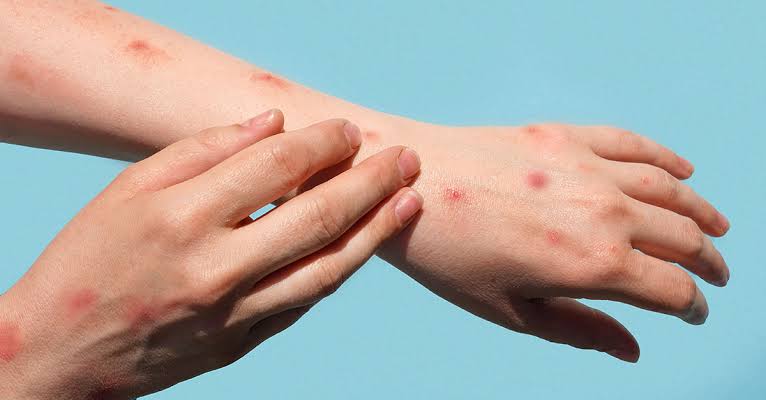This content is for informational and educational purposes only. Always consult a qualified healthcare provider.
Last Updated on February 2, 2024 by Grace Oluchi
📋 Table of Contents
Monkey Pox.
Monkeypox is a rare viral disease that is caused by the monkeypox virus. The disease is similar to smallpox but is less severe. It was first identified in 1958 in monkeys used for research, and the first human case was reported in 1970 in the Democratic Republic of Congo. Since then, it has been reported in several African countries, as well as in the United States and the United Kingdom.
In this article, we will take a closer look at monkeypox, its common causes, symptoms, diagnosis, and treatment options.
Causes of Monkeypox.


Monkeypox is caused by the mpox virus, which is similar to the smallpox virus. The virus is transmitted from animals to humans through contact with infected animals, such as monkeys, rodents, and other mammals. The virus can also be transmitted from person to person through direct contact with infected bodily fluids or contaminated objects.
Symptoms


The symptoms can vary depending on the severity of the disease. Common symptoms include:
- Fever
- Headache
- Muscle aches
- Backache
- Swollen lymph nodes
- Chills
- Fatigue
- Rash
The rash associated with monkeypox usually begins on the face and then spreads to other parts of the body. The rash develops into fluid-filled blisters that eventually crust over and fall off.
Diagnosis of Monkeypox.
If you are experiencing symptoms of monkeypox, it is important to see a doctor for an accurate diagnosis. Your doctor will likely perform a physical exam and may order additional tests, such as a blood test or a skin biopsy, to confirm the diagnosis.
Treatments


There is no specific treatment for it, but supportive care can help manage the symptoms of the disease. Treatment may include:
- Pain relievers to reduce fever and discomfort.
- Antiviral medications to help reduce the severity of the disease.
- Antibiotics to prevent secondary bacterial infections.
Prevention of Monkeypox.
There are several steps you can take to prevent it including:


- Avoiding contact with infected animals.
- Washing your hands frequently with soap and water.
- Using protective measures, such as gloves and masks, when handling infected animals or objects.
- Get vaccinated against it
- Isolating infected individuals to prevent the spread of the disease.
The bottom line.
It is important that you take proper care of yourself. If you are experiencing symptoms of monkeypox, quickly see a doctor to receive proper treatments.

